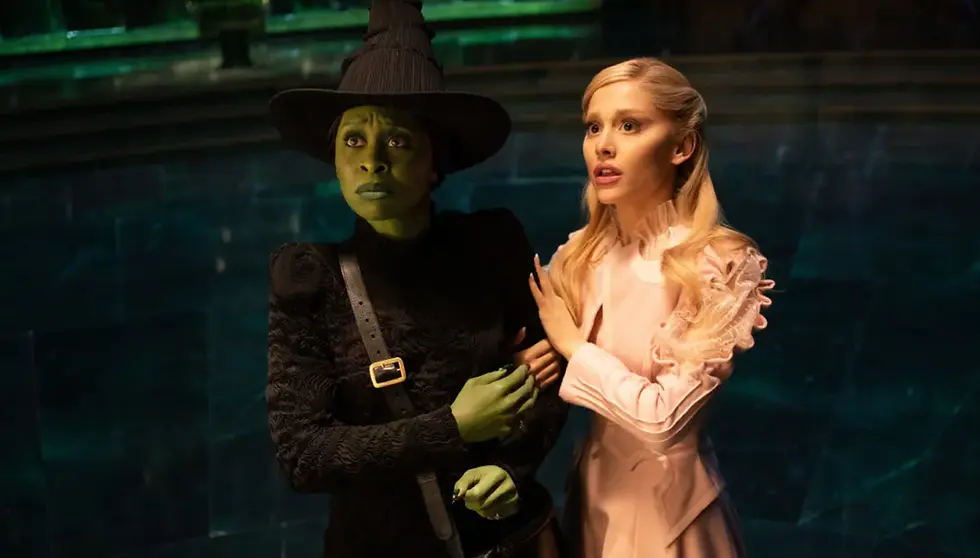The Glass Menagerie - Duke of York's Theatre
- comaweng
- Feb 26, 2017
- 2 min read

A fellow theatregoer called out what he believed was a false accent on the part of Cherry Jones as Amanda, the matriarch in The Glass Menagerie, and while it is an accent rarely heard in today’s America, it is one I’ve come across before, so I do not share my acquaintance’s dismissal of it. Like many productions of this play, this particular one, first performed (so the programme says) at the American Repertory Theater [sic] in February 2013, dispenses with the projections and backdrops stipulated by Tennessee Williams in his script. They would not, I don’t think, have added much, if anything, and are best left for discussion in essays and exams for students reading the play for academic purposes.
Perhaps this is the intention, but I didn’t feel much empathy for any of the characters by the end of the evening, except perhaps for Jim O’Connor (Brian J. Smith), who is brought to the Wingfield household as a potential suitor for Laura (Kate O’Flynn) by Laura’s brother and Amanda’s son Tom (Michael Esper). Tom is such a dreamer in his own little world – as is Laura in hers – that he’s not briefed Jim properly on why a ‘gentleman caller’ is wanted by Amanda to drop in on Laura. The consequences are both disastrous and darkly amusing.
That this is a memory play, with Tom doubling up as narrator, places the play in the position of being as flawed as his memory is – and, more to the point, as biased as his trains of thought are. Fortunately or unfortunately, the audience is explicitly informed that what it is about to see may not be exactly what happened, a point that shattered the whole play for me before anything took place, and I always had a lingering in the back of my mind that what I’m seeing in front of me might actually (aside from this being a fictional play in any event) be complete hogwash.
The performances from all four actors are, however, outstanding. Jones’ Amanda is, if Tom’s perception is to be believed, a mixture of dreamy and practical, veering from fantasy aspirations for Laura to down-to-earth jibes at Tom for not being realistic about his present, let alone his future. Here, as in many of Tennessee Williams’ plays, the truth would have been better, even if it hurts: Laura, a bit like Nina in In The Heights, dropped out of her course some months before her mother found out. It wasn’t the dropping out, it was the withholding of vital information. A fragile disposition is no excuse.
The staging, frankly, could be better. The dinner table, where a fair amount of dialogue takes place, is on the extreme stage right, so that certain members of the audience sat on one end of the rows have partially or even totally obscured views, and patrons sat on the other end must crane their necks right across. Meanwhile, the centre of the stage is empty! Was the staging a metaphor for the production as a whole: vacant and strenuous to watch?
Three stars




Comments